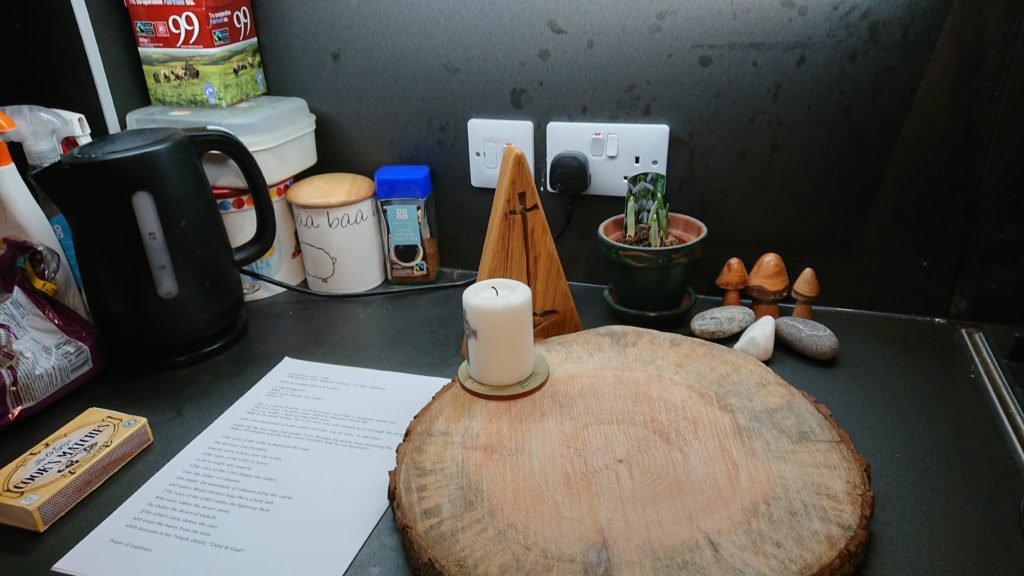Dear Benedict,
Having given due consideration to food, in the following chapter (chapter 40) of your Rule you give equal thought to drink. It’s that I’m writing about today. In your time and place that drink was wine and you were happy to endorse it, in moderation , of course. Time passes, culture changes, wine ages, and here we are in the 21st century with lockdown contributing to an increase in the consumption of alcohol in Britain over the last year.
For some this will be Dry January, a thing that actually only originates from 2014, and is more popular, it seems in France, Switzerland and Britain, thought Finland had a version in 1942. Of course in this meaning ‘Dry’ means no alcohol not ‘no liquid’.
That meaning of the word has a longer history. Many small Congregational Churches (before becoming the United Reformed Church in 1972) were ‘Dry’ in that sense. Their practice had been influenced by the Temperance Movement in the 19th century. This social movement developed in response to concerns about the effects of alcohol consumption on health, family life, social cohesion and so forth. Interestingly, local leadership was often in the hands of women. In these small churches it lead to a prohibition on the use of alcohol on their premises for worship and social occasions. I grew up in such a community and have served as minister in others.
Your reflection ‘Wine makes even the wise go astray’ and your thought that God will reward those who abstain seems to accord with such practices. It seems a good time to mention that on Sunday I will preside at a ‘dry’ Eucharistic service for members of the Lay Community of St Benedict (on zoom).

From the remembered bible: Think of your stomach and take a little wine.
I’m not sure whether in the correspondence here, the emphasis was on ‘stomach’ or ‘little’ or just the fact that the water wasn’t all that clean. Chapter 40 sends with the simple suggestion: ‘Don’t whine about the wine!’
May I not whine…
From a Friend of Scholastica and a Member of the Lay Community of St Benedict.
